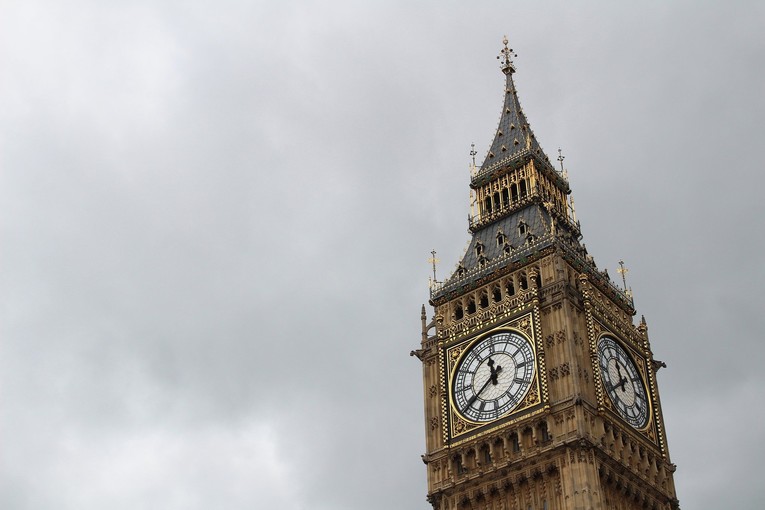 The UK government is to ban all English football clubs from having gambling firms logos on the front of their shirts – that’s according to an exclusive story published in the Daily Mail.
The UK government is to ban all English football clubs from having gambling firms logos on the front of their shirts – that’s according to an exclusive story published in the Daily Mail.
The paper has revealed that the plan will be enacted as part of the ministerial review of the Gambling Act, although it is expected that there will be no blanket ban on betting firms appearing on advertising hoardings or TV adverts.
If the story is true, it would mean that nine of the twenty Premier League clubs would have to find a new sponsor, and leave EFL chief Rick Parry with a major headache in finding new finance for the cash-strapped clubs under his leadership. It would also represent the first major change to sponsorship rules since 2003, when cigarette companies were banned from sponsoring major sporting events and teams in the UK.
There has been growing pressure from anti-gambling groups to take action, with gambling firms seen as an ever-present force whenever a game of elite-level football is played. Estimates put the amount that top-flight clubs earn from betting sponsorships at around £100 million per season.
As many as 19 Premier League clubs have a connection with a gambling operator in some way, whether it sleeve sponsorship, promotional material or even as a ‘preferred betting partner’. And while there won’t be a complete blackout on gambling content in football, it will be hugely minimised if the Mail is correct in their assertions.
The paper claims that a source ‘close’ to the Gambling Act review said:
“We are pretty sure there is going to be an end to front-of-shirt advertising. Everybody is expecting that. Reformers want more, but a lot of politicians are worried about the lower leagues.
“The Government thinks front-of-shirt will catch the headlines, and it will feel like it has made a bold statement.”
The future of lower league clubs is very much on the agenda, with the premature end to the 2019/20 season – allied to stadium capacity limits – impacting on their revenue. Parry, the EFL chair, claims there’s a £250 million black hole to close due to lost gate receipts alone, and that the timing of potential law changes ‘couldn’t be worse.’
“At the margins, a betting sponsorship ban could be the difference between some clubs going under or not. It’s not easy finding new sponsors at the moment,” Parry said.
Making Moves

The results of the government’s review into the Gambling Act are expected later in 2022, and it’s notable that Boris Johnson’s cabinet reshuffle has led to two new faces having their say on matters.
Nadine Dorries has been appointed as the Culture Secretary, and her voting history suggests that she is something of an advocate for the gambling sector.
The new Gambling Minister, Chris Philp, is something of an enigma when it comes to his own gambling patterns, but the hope is that his input into the review is for sensible, sustainable measures to combat problem gambling.
The administrative process means that the white paper on potential Gambling Act reform won’t be voted on until next year, and even then if Parliament gives those the green light they are unlikely to come into effect until 2023.
There is plenty of time for betting firms to get their house in order before then, and so punters can expect a range of measures – such as affordability checks and loss limits – to be introduced at the operator level.
